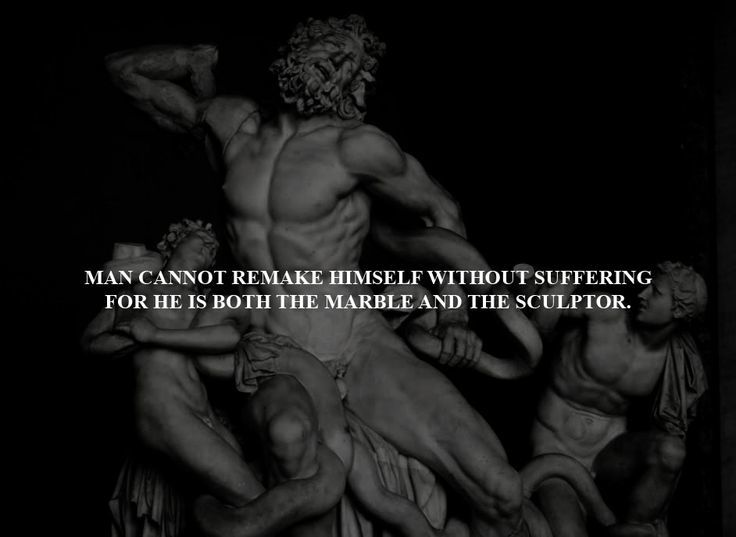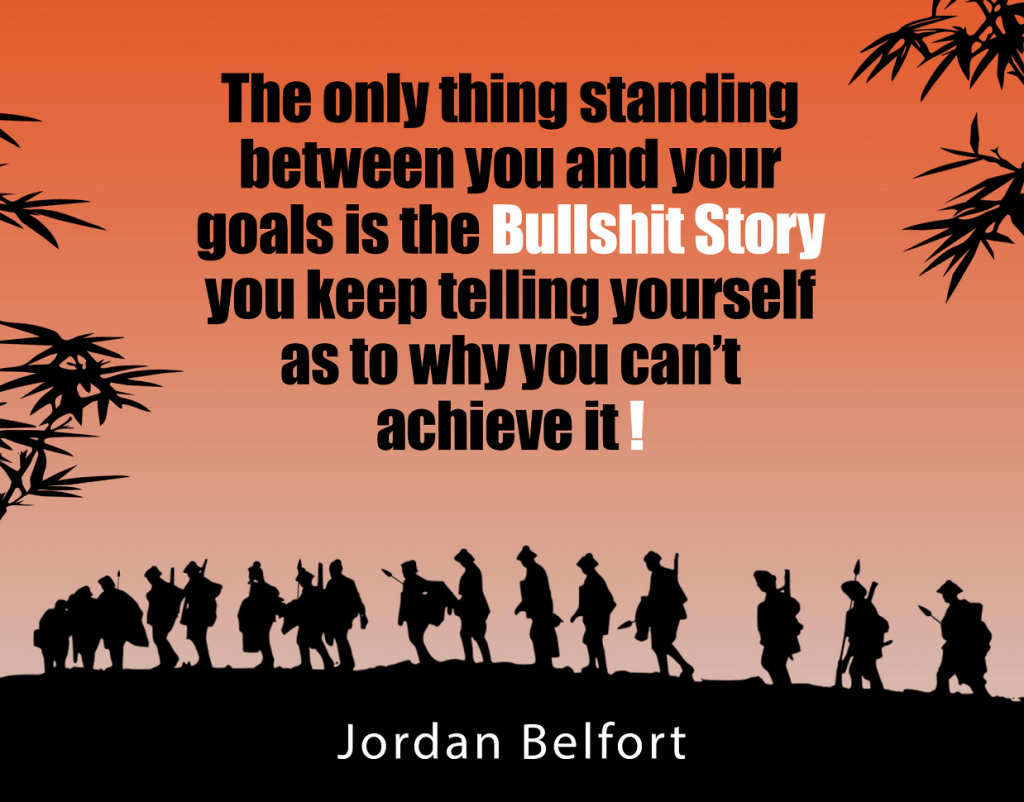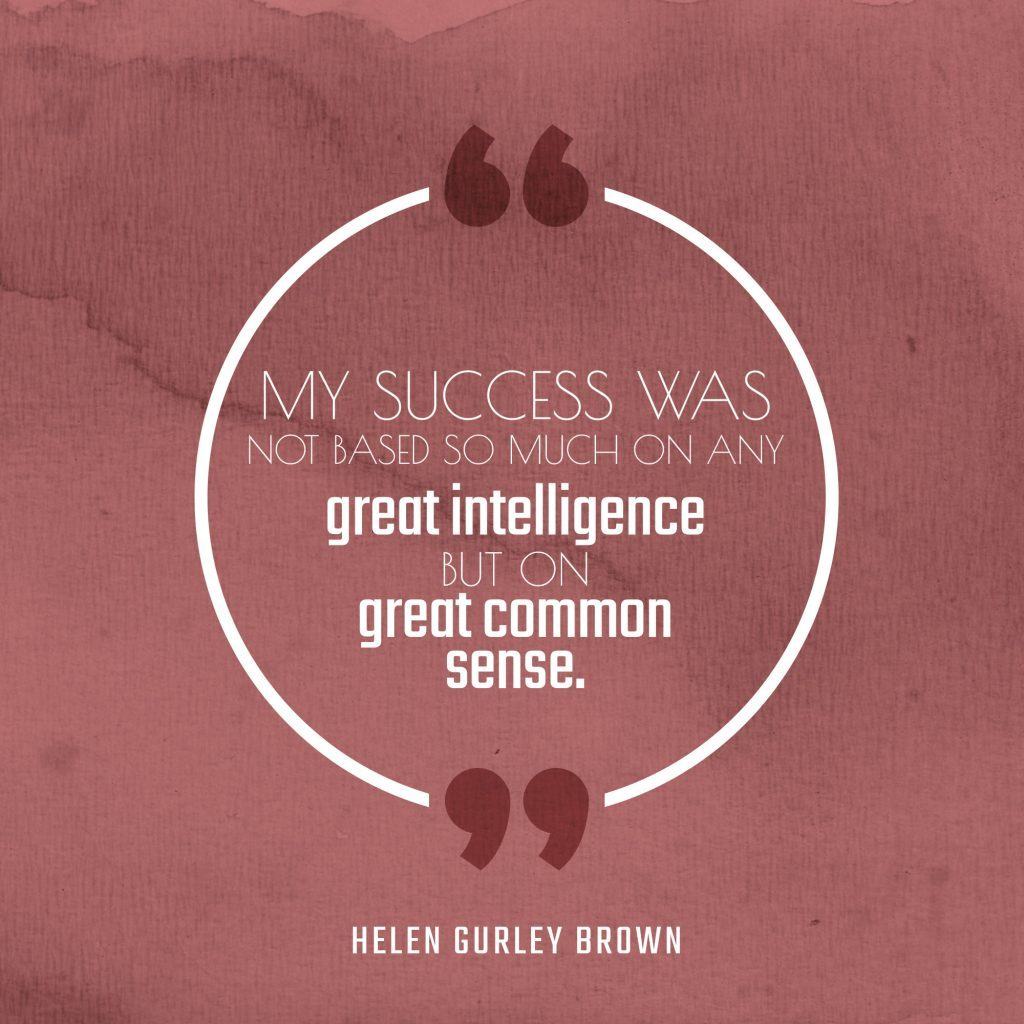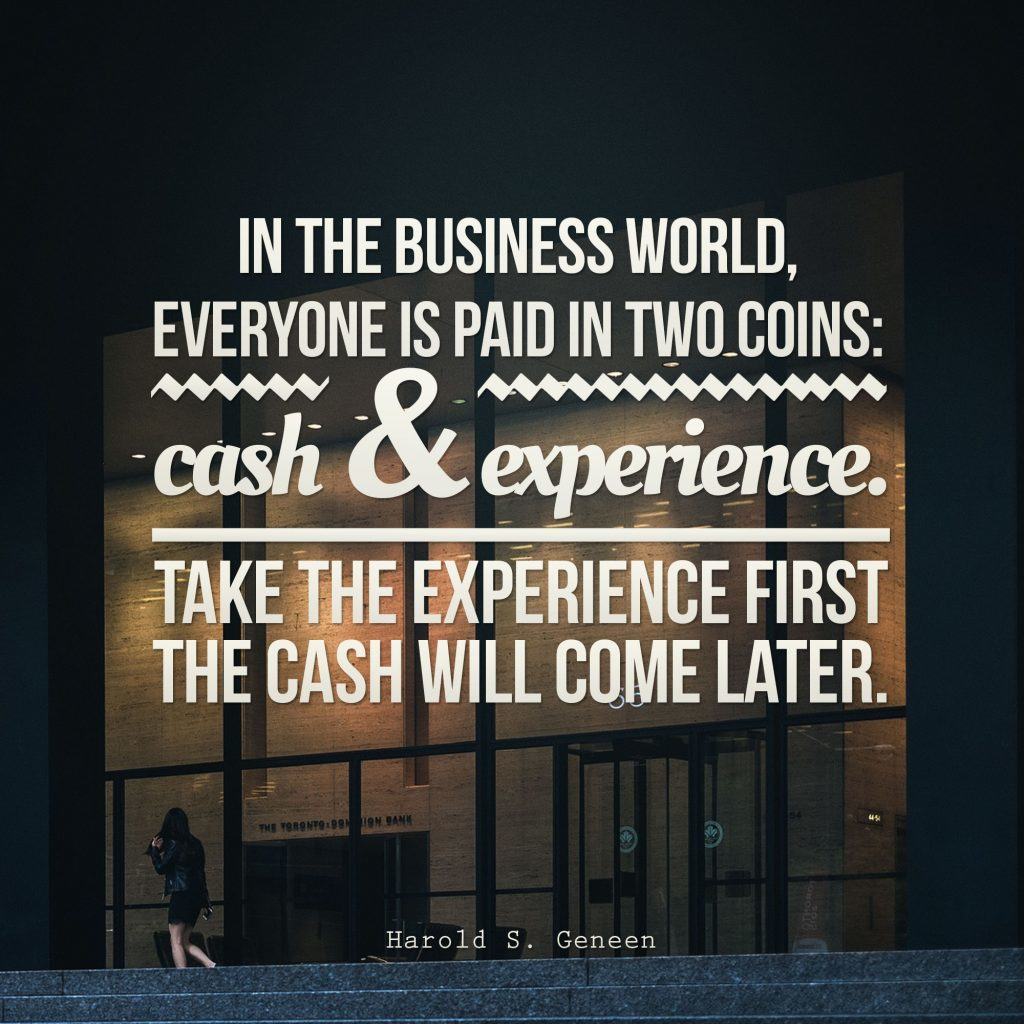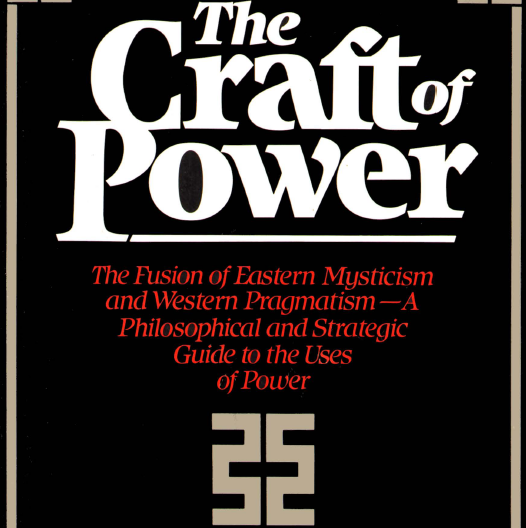![Modern Machiavelli iAMA]()
Welcome, this is a summary of the Triple Q&A commenced at the start of May, featuring me, Illacertus and IllimitableMan on http://reddit.com/r/the48lawsofpower.
I have summarized the most valuable parts and separated them into the following categories:
- Business & Career Warfare
- Politics
- Power, Philosophy, etc.
- Charisma & Seduction
NOTE: Since this exceeded 10.000 words I have yet to have found time to correct spelling mistakes and put the questions into the correct order. It will follow soon. Thank you for your understanding.
Since all three of us have answered questions, I decided to add the acronyms of the person responding to the question. MM = me, Lionel Fox from http://modernmachiavelli.com, IL = Illacertus from http://illacertus.com, IM = IllimitableMan from http://illimitablemen.com.
Part 1: Career Warfare
Part 2: Politics
Part 3: Misc
Part 4: Charisma
Part 5: Guest Answers
Question: How does one get their mind in shape. Controlling their emotions, becoming mindful, mentally acute and self-disciplined. How do you control your facial expressions, body language and talkativeness.
Answer (user Seducer4Real):
Here are 3 things I do to achieve the above:
- Read books everyday. I do about 20-30 minutes daily. Sometimes more on other days. The key here is to keep it consistent. Even if you do 10 minutes a day, keep it consistent. Don’t try to start reading 1 book a day/week. Build it up.
- Work out. If your body is in shape, your mind will benefit from it as well. I recommend you workout at least 3 times a week. If you’re not the type that wants to build muscle, then look into doing other sports such as boxing/martial arts that will also keep you in shape.
- This is a tip I learned from one of the greatest copywriters and business strategist – Gary Halbert. Essentially, you walk 1 hour a day at least 5 days a week. First few weeks will be hard but once you are used to it you will crave it like a cigarette, and unlike a cigarette, it is healthy for you.
You should get started with the above 3 for now to achieve mental clarity. Once you have those 3 in place, you will come up with your own techniques. Also, don’t replace working out with walking or vice versa, you do BOTH. 1 Hour walking per day plus working out 3-5 times a week.
Facial Expressions: Look at yourself in the mirror. Have an imaginary conversation and see what facial expressions you produce. You’ll learn a lot this way.
Body language: Don’t fidget when talking to someone. When talking use your hands to emphasise what you are saying. This makes you look more attractive and can create more trust between you and the other person. Make eye contact when talking. Try not to touch your neck/face/hair as it makes you look nervous. Don’t be reaching to your phone/pockets every few seconds.
Talkativeness: Don’t overdo it and don’t underdo it. Realise when it is a good time to speak, when to stfu & listen and when to give short replies. Most people are not interested in hearing your voice so you should be asking specific questions to get them talking. In other words, be a good listener and use wha they tell you to create conversation. Don’t always make them the centre of the conversation, instead relate your own knowledge/stories of that topic to them. If you’re with a few people you’ll have to judge when it is a good time to interject. Pro Tip: Don’t be quiet when you are in a group of people, you’ll just look weird/antisocial.
Question: How does one become a psychopath?
Do you believe that every German who pulled the gas lever in Auschwitz was a psychopath? Absolutely not. A man can murder millions of people and not feel bad about himself if he is blessed with a certain skill.
Rationalization
Women are experts at rationalising and men will have to work a little harder to acquire the skill. Fortunately, it lies in our modi operandi to not think bad about ourselves, for we are blessed with both our best friend & worst enemy, the ego.
Criminals who murdered for no good reason will always believe that deep inside they are actually good people, forced only by the mean enviroment to commit atrocious crimes.
Another helpful ability is meditation to detach you from your feelings and stoicism to remain calm and emotionless.
Master these 3 skills, sprinkle in a little reckless bravery and you have the perfect dish for psychopathy.
Question: What so you think is the motive for law # 1 in Greene’s book to be Don’t outshine the master?
When he wrote the book he surely didn’t let some random function dictate the order of the laws. They say the first and the last elements of a list are those that are more remembered.
Answer (IL): As you rightfully point out the author starts and ends his book with much thought. Law #1 is the first law almost everyone seems to break. We get into the business world with much euphoria and the attitude that we’re going to prove ourselves one of the best employees available on the market. We’re going to rise up the ranks fast and have a career our parents can be proud of. We’re naive and to a certain extent arrogant.
We don’t realize that many authorities rise to their ranks for the thrill of control, which they falsely belive is power. They’re managers, they’re not leaders. Either way, they have fragile egos, lots of insecurities, failed dreams and here you come – the greenhorn. The young adult who always has a positive attitude, who outworks everyone and learns fast. You’re a threat and you will be dealt with. It’s our ignorance and belief in the lies we’ve been fed that makes most of us walk right into outshining our masters, may that be superiors or merely colleagues. You’ll face resentment without understanding it. It’s pathetic.
Greene finished with Law 48 Assume Formlessness, which basically lets you understand not everything is set in stone and you have to know when to adapt to change and go with the tide, reforming instead of letting your rigidity be your downfall as we’ve seen with the Spartans. Simply put, you’re almost done reading the book and Greene tells you they’re different strategic moves on the chessboard. The experienced chess player will know the right move to make at the right time against the right opponent and alter his playstyle when necessary. You develop that ability through mastery.
Difference between Leader & Manager: One difference that will make you fill in the blanks would be that a manager will order a job to be done and the employee will obey, because he has to, out of fear and anxiety, always relying on his next paycheck. The leader inspires his followership to do something, because they want to do it. He does not micromanage, but lets them free under his guidance. They pursue goals based on their own will to do it. One forces you, the other does not decide for you and offers a take it or leave it approach. Leadership in the office is difficult to pull off, because of the structure one is in. You’re surrounded by people who don’t like their job, but depend on it. It does not matter what way you’d try to frame it. They can tell the difference between honey and salt.
The greatest enemy of knowledge is not ignorance, it is the illusion of knowledge.
If you can pull off to demonstrate to your victim that he in fact is delusional, then that would work. Normally they’re so deep into their own reality that one cannot reach them. Imagine telling Kanye West he’s an idiot by showcasing his failures to him. He wouldn’t fall out of the clouds, because of that.
Question: Do you have any morals you live by?
Answer (IL): Indeed, if we weren’t we wouldn’t be holding this AMA or doing the work that we do, that is beneficial to many. If it were all just about money, I would be doing something else. I began to educate people on these topics like a Kung Fu master trains his students in the hopes they would use it to protect themselves better. Maybe one of 50 will learn only to bully others, but if that means the other 49 can defend themselves I’m happy. Also, if someone needs precise instructions in order to be dangerous, they’re not a real threat to begin with.
One thing I know the three of us share is loyalty. Quite contradictory to Machiavellian beliefs, but what is a man worth, when he speaks unmeaning words even to his own brethren?
Answer (MM):
Politics have no relations to morals
Question: A woman I know sends me mixed signals, but often when she spots me in the room, goes and talks to the nearest guy she can find. I’m a bit perplexed by this behavior. Is it an instinctive jealousy causing ploy? Should I mirror her behavior and hit on other girls? Or is she doing what PUA’s do – appear social so I can also talk to her like one of the other guys?
Answer (MM):
a) She is trying to fitness test you by making you jealous
b) you are a creep
Answer (Seducer4Real): Don’t talk to her again until she approaches you out of her own will. Don’t make eye contact either or make it obvious that she you have noticed her in a particular area. She’s obviously one of those girls that just ‘goes with the flow’ and talks to anyone. You just happened to be one guy she spoke to and believe that she has feelings for you. Best thing to do here is to just ignore her and talk to other girls(and in about 90% of your women-related problems).
Question: I have some friends, or at least I thought, but it turns out most of those so called “friends” are the same ones shit talking about me behind my back agreeing with the consensus of things said about me that I’m working on changing, such as: always sound unsure/confused, asks the stupidest questions, socially awkward, etc.
My question is in regards to law 5, 6, and 18. My reputation is important and apparently it isn’t as great as I thought it is. With that, should I retreat socially and finish working on my self, or “court attention” and continue going to social events with my “friends” while working on myself?
Answer (user Warped_Mindless): Im the admin over at MPUAForum and we encounter a lot of men in this suitation. What always works the best is to cut ties from your old friends and make new ones keeping in mind the reputation you want you new friends to have of you.
True friends wouldn’t talk shit about you anyways, they would offer their hand to help you. People like that are rare, however, but they exist.
Question: How do you think one can bring together and convinced to cooperate for their own good, a large group of marginalized, mostly poor and vulnerable, also chronically suspicios and rather always envious of each other?
It is about convincing emarginated and socially unprotected workers in the care for the elderly. They are mostly immigrants, usually treated with suspicion and often exploited. This environment generates a lot of unhappiness and low self esteem. Their reaction is to defend themselves aggregating according to nationality, family, religion, bit many are isolated and there is an entire culture of acceptance of a miserable life which nourishes sentiments of despair, hatred, depression, self abuse, victim like mentality, sometimes delinquence.
Note: there is no money to pay them for it, no premise of power over them, no immediate reward.
Oh, it’s actually about convincing them that working in solidarity will make their life better and more secure. It’s difficult like hell, as they’re mostly scared, demoralized and suspicious. I do not have any brilliant manipulative skills and neither do I look forward to acquire them. I was just curious on what you think about what can bring such people together. I can understand that working relentlessly over decades -as do some priests – might come to build a community, but I do not have that time.
Answer (MM + IL): Sounds like you don’t need manipulation, but leadership skills. Obviously, you want them to work together as a team, but they’re unmotivated. Have you tried explaining to them how and why it’s in their own best interest to work together? In other words do they fully grasp the mission at hand and what lies in it for them? I’m afraid we do need more insight in order to give more precise answers.
How do you convince people to work together?
Either you create an outside enemy. Tell them that they must work against a common enemy and for a shared goal.
Or you find out what they want and let it dangle in front of them like the carrot on a stick.
You win some, you lose some. People with such a fatalistic attitude are difficult to motivate. Them forming groups is an obvious reaction since this is human behaviour 101.
I would try to create the vision of a beautiful goals in their heads and tell them that in order to achieve said goal, they will need to work together. Or do the same with negative disaster scenarios. Fear is an excellent motivator.
Then your leadership and mediation comes into play. Organize events where you make sure that they come in contact and realise that they share a lot in common.
Over emphasise the commonalities and ignore the differences.
Maybe thinking about what motivates people will lead you to achieve your goal. The biggest factors are:
- The possibility of benefits & recognition
- The fear of loss & pain
Question: How do you put yourself in a good mindset in order to boost your creativity when there is social pressure against it. For example, in a meeting, you want to be very creative in persuading person A to make a choice that favors you. In the meeting there, person B and C that wouldn’t like that choice being made by person A and they know that applying social pressure against you would make you not confortable and creative in your speech. My creativity seems to come when either I’m very confortable with what I’m doing and especially there’s an imminent threat that needs to be adressed.
In other words, how can you make yourself be very confortable with everything you do despite social pressure?
Answer (MM): Creativity is snake oil and does not exist.
Creativity is a function of knowledge, experience, intelligence, mind set and your current mood.
How do you get comfortable? Stoicism & Confidence
Question: Robert Greene once said “In the end, the more capricious you appear, the more respect you will garner.”
Do you agree with him? Why or why not?
Answer (IL): I disagree with the way you phrase that question. If I recall correctly that quote is from the 48 Laws of Power. The whole book is divided into 48 laws, which apply at all times, but at the right circumstances. Hence, it’s true, but not always. Wheather or not that’s the right strategy for you to take is a different question. Almost every law has a reversal at the end of the chapter, which means it can all backfire and go horribly wrong if you fail to assess the situation correctly. To be unpredictable has its benefits as it has the power to intimidate, but there’s a lot of situations in which you want to appear predictable and harmless. So, it’s not a matter of agreeing or disagreeing.
Question: How do you decide when your attempts at attacking/ defending someone should stop? Is there a point where it would be wiser to give in keeping in mind that your reputation will not be affected(or maybe just a little) ? This is coming from the perspective that time is money which could be spent doing something else that would yield you a lot more value(as opposed to continuing your attack/defense) ?
Answer (MM): Base your calculations on experience and possible outcomes. Assess the risk and decide.
Read up on Game Theory and visit /r/gametheory/ as well as /r/gamesandtheory
Also follow /u/ridik_ulass who is an excellent game theorist and strategist as well as a mod for multiple useful subreddits.
Question: What is charm, and how can you develop it? Any good resources?
Answer (MM): Charme and Charisma are closely tied together but there still are a few differences, though so minor that we are going to ignore them for the sake of this post.
Charme is important to charm your opposite, be it male or female, into agreeing with you. One could say that charme makes people say yes. Even if you didn’t ask a question.
There are a few things that play together:
- Your attractiveness level, including grooming, smell, clothing.
- Your power & status, but also knowledge and expertise fall under this category.
- Authority & calmness
- Your body language & confidence.
- Your humour.
- Empathy & your presence in the here and now. Ergo listening without becoming distracted.
- Your agreeability and likableness.
There is no denying that a powerful person always has more charme than his inferiors. There have been studies where actors assumed the same body language and were equally attractive, were paired up against a powerful person. The effects of charme and humour were measured and it turned out that the powerful person scored much better.
Now how can you learn to be more charming? My book recommendations that cover every important aspect would be:
This covers everything except for humour but I fear I can not help you with that. In my opinion, you either have humour, or you don’t but many people claim that humour is a learnable skill. Anyway, it was never of interest to me but I am sure that you will find some sources teaching the art of humour.
Question: What is a good resource for learning the different types of charisma?
Answer (MM): They are all explained in The Charisma Myth. I didn’t get a lot out of reading it and in my opinion, it is a little hyped, but still makes for a good read since there are few reliable sources (not talking about 7 step self-help hippie bullshit gurus) about Charisma.
Question: Have any of you read “Trust me im lying: Confessions of a media manipulator” and if so would you reccomend it, and what are your thoughts about the current US elections?
Answer (MM): Over at /r/illimitablemen we recently had a little discussion about manipulating the media. Since this subreddit is confidential I can not share what I wrote but here is the little part about the book:
I haven’t read the book and have no intention of reading it, since I am not the biggest Ryan Holiday fan. He recommends to start with the smallest companies and work your way up? Sounds fucking retarded and not a valuable strategy if you really want to leave a dent. I haven’t been aware that Ryan Holiday is supposedly THE guru to turn to for political PR. Gave me a good laugh. Anyway, what I do have is [… little later someone posted his concept of trading up the chain A joke of an Wikipedia article that should be removed as soon as possible since it is obvious that this was solely written for the backlinks and poses no relevance to nothing]
Choose the smallest platform and pray for it to get whispered down the lane? Marvellous idea! Someone give that guy a Nobel Prize. Of course, there are numerous cases where this did happen. But you must be one huge retard to rely on it. This is the last resort and only valuable if you have 0 connections and no inclination to build any.
Listen to people who have real and not merely theoretical knowledge. They all believe Ryan to be an imbecile, which is even worse considering that Ryan is the apprentice of Robert Greene. […] Yesterday I watched the (amazing) football game with [someone] and I asked for their PR book recommendations, having this thread in mind. 5 out of 5 said that they never read PR books on a regular basis. [one guy] said that he hasn’t even read a book about PR since his studies. PR is interesting in the sense that it is is nothing you can really learn from books. The books that come closest are books about war & strategy.
Anyway, we did come up with some good books, especially propaganda minister Joseph Goebbel’s favourite: Edward Bernays, Propaganda (get this even if not employed in the PR sector). Other good books by him: Public Relations, Crystallizing Public Opinion & Engineering of Consent.
Number 2 is Ansgar Zerfaß, though his books are way too expensive for the average, mentally healthy person. Edit: Pirates yohaaay [link removed]. All of the Zerfaß books are excellent and he covered a wide range of topics and you should choose the book accordingly. Be it trends, research, crisis communication, strategic communications, Online PR, spin doctoring etc.
I would not recommend him if you merely want to get your feet wet, since he has very advanced material and charges accordingly. This excellent book about strategic communication for example. Look at the price tag…
and the third one is Guerilla PR 2.0. by Michael Levine. Comprehensive and updated for the modern environment.
Answer 2: People have been slinging dirt at Hillary for years, so she is used to it. But I have the feeling that Donald Trump, unlike the rest of us, is not cooking with water, hence his dirt just might stick. On the other hand he is pretty far behind in the polls. Polls that are prone to errors and can drastically change given certain circumstances. Obama having Clinton’s back is terrible and will most likely influence the outcome to a certain degree.
Me, personally, I hope that Trump wins since it is better for Russia and therefore better for Europe. I am sick of seeing European farmers, as well as many other professions, lose their job, just because the fucking American elite wants to play Cold War 2.0, and use a trade embargo against Russia.
All because of what? The Crimea? Fuck that, I couldn’t care less. Split the Ukraine up, give the part up to Lviv to the Austrian-Hungarian Empire and the rest to Russia.
Question: I’ve been reading up on the Art of Seduction and I noticed that Greene mentions that you can mix different seducer archetypes. This seemed interesting to me cause I’ve seen people do this irl with great results. This one person I know mixed certain aspects of the rake with the charismatic, which seems like great deception to me, because of the mix of a life’s purpose and no purpose/immorality, danger and leadership. It’s hard to figure out. Another person I know has mixed the charmer and the natural, with the result of being a very enjoyable person to talk to, but still very powerful. I’m fairly new to the game, so I’m still brainstorming, and thought this would be a good question not only for me but the whole forum: which seducer archetypes have you seen that mix well, and which fail completely?
Answer (IL): I love Greene. I like the Art of Seduction. I dislike personality categorisations. Is it possible to mix different seducer archetypes? Yes, absolutely. The ones that don’t mix are usually polar opposites. Since you’re new to game you’re not doing yourself any favors in my opinion studying these archetypes in such detail with such seriousness. Trying to emulate any of these types in a way that doesn’t feel natural to you will prove counterproductive and you’ll be asking yourself what you’re doing wrong. You see, what I’m trying to say is, this isn’t a perfect science. You could do anything with it and figure out your own style. You could be a rake on Monday and a natural on Tuesday. These archetypes aren’t set in stone.
Question: What exactly is Career Warfare?
Answer (MM): Career Warfare refers to everything related to getting ahead in the workplace. The term was coined by David D’Alessandro who wrote books like Career Warfare, Brand Warfare and Executive Warfare. He explains the importance of playing the game of office politics and personal branding in the workspace. While there are many books written about “Office Power”, these books are regarded as top notch. I have yet to read Brand & Executive Warfare, but Career Warfare is an excellent, insightful read, helping people survive the rat race.
Question: What is the best & fastest way to get ahead and promoted at work?
Answer (MM): You won’t like this answer but “it depends”. Since you didn’t give us much to work with, here are the basics:
Get accustomed to the specific workspace politics, know what is looked upon with favour or disfavour. Find out who the important people are and learn about their character, strengths, needs and weaknesses.
As soon as you have a basic overview, you want to web a net of allies. Especially but not limited to the bosses. Adhere the law 1 of never outshining your master. It is important to stroke the ego of your boss and present him in a good light. Yes, he is sometimes going to steal your credit, but this must not concern you. You must also make sure that your co-workers are on your side and not actively working against you behind your back. Don’t put too much trust into them though, and try to keep your private and professional life separated. Don’t believe that you are all loyal friends when you are going out, getting drunk and acting out of order.
This especially applies to company parties. Never get too drunk and make a clown out of yourself. Unfortunately many people break this rule.
You need to make sure that your reputation stays untainted from such mistakes. Guard your reputation with your life.
When shooting for the promotion it is a wise move to conceal your intentions in order to not arouse envy in your co-workers who might sabotage you. Unless you are certain that they are allies on your side and most likely going to help you. Again keep in mind that it is good to trust people, but not doing so is better.
Lear to keep people depend on you, yes, but do not become the person who does his job so great that he cannot be promoted without a significant hit to the department’s productivity.
A thing I pay attention to is to court attention at all costs. Try to get a desk as near to your boss as possible. Make your name brand itself into the conscious mind and be associated with positive traits.
Question: What is the best way to get started in Politics and to gain power, maintain power and survive in this environment?
Answer (IM): Learn Machiavellianism and become likeable, or someone people love to hate due to reprehensible behaviour but find absolutely charming. Charm does a lot to mitigate the adverse effects of dubiousness, and will allow you to get away with murder should you be sufficiently charming. Charm makes you likeable regardless of your ethics, remember this and incorporate it into your persona, it will do much for your personal power.
There are no “wikihow” style bullet points you can rote memorise to get power, if it were that easy, everybody would have power. Power is a cut throat game where only the most cunning thrive. Deciding to study power is taking the first step from pawn to player, but the rest is ultimately up to you. Study, learn charm, fuck up, and learn from your failures. Fuck up some more, then tell everybody about your fucks up one day so your enemies can’t use them against you. Do it with charm, and those who feel betrayed won’t be able to stay mad for long – many will forgive you. “It is easier to ask for forgiveness than permission.” The game is a dirty yet beautiful thing, the shades of grey within it surpass more than a mere fifty.
Most of the senior politicians have read Machiavelli, you should too.
Answer (MM): Starting in politics is unbelievably easy. I didn’t start getting (seriously) involved with politics until my mid-twenties and am constantly moving up in the food scale, with the highlight of recently having been promoted to the speaker for something.
You need to be aware of the skillset required to become successful as a politician. Without the following most important skill to possess as a politician, you are lost. No reason to even try. It is:
Be able to drink at least 2 bottles of wine without getting drunk.
You will probably believe that this is a joke. Well, 50/50. I want to stress the importance of networking.
There is not a single skill more important for rising the ranks. Study Social Interactions, know what types ofCharisma exist and which one is best suited for you. Learn to speak well. With authority, demanding respect. Confidence & Narcissism are beneficial and you should try to look your best.
I can not stress the importance of networking enough. Find out what activities your party has planned and do everything. Hand out flyers, sit in the voting booth, attend speeches, help prepare events, etc.
This brings me to another topic. Clothing style. I am in a “worker” party where the grunts dress casually. How do the ministers, parliament members & chancellor dress? They wear suits. Even if I wouldn’t trade in my own mother for Zegna suits, I would still make sure to dress like a king, to be treated like a king.
Of the utmost importance is a proper knowledge of the human psyche. 90% of everyone is out to prison rape you, given the chance. Maybe not at first, but the higher you move up, the more political schemes are involved. Master the art of strategic thinking and again, trust nobody.
In every party there are recruitment sections. My party for example has 5 different ones and they are all eagerly looking for fresh blood. Do some research about which party currently is in power and about the expected trends and choose your party based upon it. Or go with your “principles” or whatever that is and choose a bad party that aligns with your interests. Cognitive dissonance is overrated and it is a good exercise defending a point of view that goes against everything you stand for. Write them, phone them or show up at a meeting and introduce yourself to everyone. Remember their names, be likeable, connect with them over facebook and especially important, a mistake that many newcomers make: open your mouth. Too many newbies are too scared to voice their opinions and therefore never stand out. Of course, I know, at first it might be intimidating if some people who have been in the party their whole life speak without points and commas, but you need to give your input and if someone tries to interrupt you, don’t let them.
